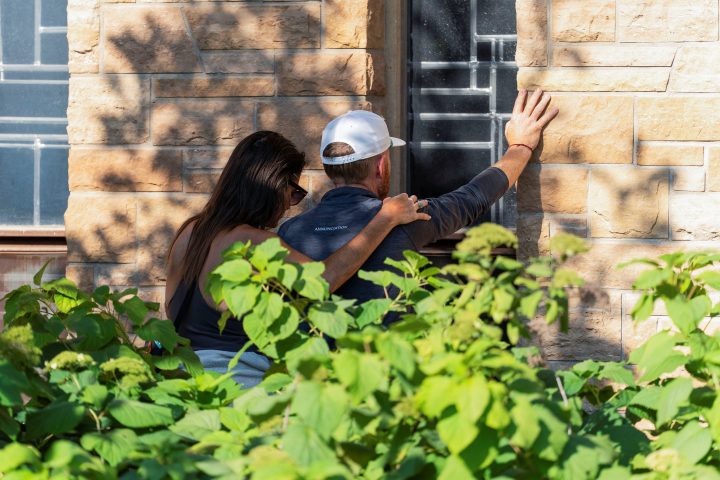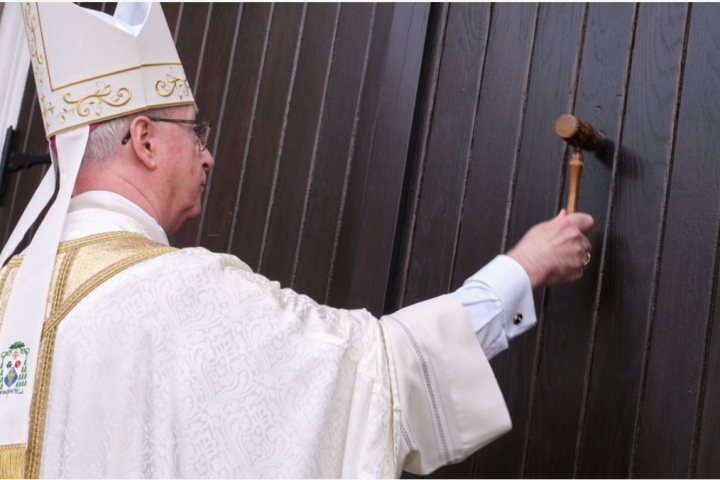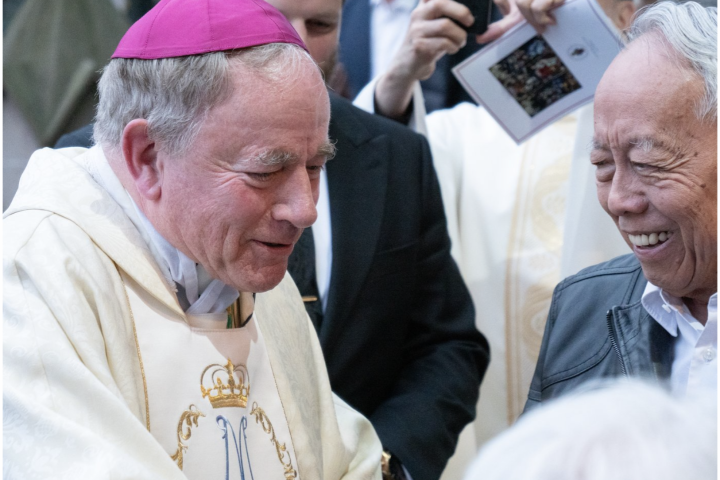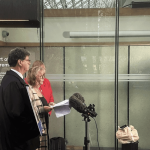The grim calculus of tracking the cost of Medical Assistance in Dying shows that B.C. doctors receive $283.85 for every “MAiD Event preparation and Procedure” they perform.
Moreover, the Ministry of Health’s payment schedule lists six specific euthanasia-related services for which medical practitioners can be paid, from “MAiD Assessment Fee—Assessor Prescriber” ($43.24) to “MAiD Medication Pick-up and Return” ($126.72).
What the ministry does not disclose, however, is MAiD’s full annual cost to the health-care system, including how much it spends on free-to-the-patient toxic euthanasia drugs such as rocuronium bromide, a 10-millilitre injection of which causes the recipient to die by suffocation.
The ministry has also not disclosed how much the system is saving by allowing patients to access MAiD’s early-death services, thus removing the cost of caring for a patient in a long-term care facility, for example.
The B.C. Catholic has been asking the ministry for such data since December 2022 but has never received answers beyond acknowledgements that the requests had been received.
In response, The B.C. Catholic has now filed a Freedom of Information request seeking detailed information about MAiD’s costs and savings to the health care system.
The request, filed March 9, seeks all provincial-government financial analyses conducted before the introduction of MAiD in 2016 and before the procedure’s expansion in 2020 to individuals whose death was not imminent. As well, the request asks for any similar analyses conducted after the 2016 implementation and the 2020 expansion.
Under a fee-for-service policy enacted by the NDP government in 2021, The B.C. Catholic had to pay $20 to have its request accepted.
This is the second time The B.C. Catholic has launched a MAiD-related FOI request. After receiving complaints from patients who said they were being pestered to agree to MAiD, the newspaper asked the Fraser Health Authority in 2020 for all documents related to the development and implementation of its MAiD-provision policy.
The request yielded hundreds of pages of documents, many of which had previously been kept from public scrutiny. They showed that MAiD was supposed to be a patient-led process, that senior doctors opposed its implementation in palliative-care wards, and that MAiD’s introduction led to widespread moral anxiety among staff.
Alex Schadenberg, executive director of the Euthanasia Prevention Coalition, said he looks forward to seeing the results of the newspaper’s latest effort, especially any difference between the costs and the savings.
Speaking by phone from the Isle of Man, where he was meeting with politicians to discuss the island’s proposed assisted-dying regime, Schadenberg said he has long wondered what role, if any, MAiD’s potential cost savings played in its introduction and rapid expansion in Canada.
“Remember, dead people don’t cost money,” he said. “Dead people don’t need treatment.”
Schadenberg said he thinks no one in Canada would be “so crass” as to actually say that they support MAiD because it saves money. “But there is a reality at the same time that it does save a lot of money, and a lot of people know that it saves money,” he said. “Just because they won’t say it, doesn’t mean it’s not true.”
In fact, the federal government’s Office of the Parliamentary Budget Officer said in a report made public in October 2020 that its calculations showed that, throughout the country, MAiD would save the health-care system $86.9 million in 2021.
The report said MAiD would lead to a gross annual reduction in costs associated with end-of-life care of $109.2 million, but would also cost the system $22.3 million in administration costs.
The office produced the report in response to an unnamed senator who requested information about the impact of the court-ordered MAiD-eligibility expansion.
According to the federal government’s latest annual MAiD report, there were 13,241 “MAiD provisions” in Canada in 2022, 2,515 of which were in B.C.
No figures are available for 2023, but the B.C. Ministry of Health’s published reports for the first three quarters of last year suggest this province’s MAiD-death tally will rise to more than 2,700 in 2023, compared with just 194 in 2016 – the first year in which MAiD was legal.
The B.C. Catholic’s coverage of the expansion of euthanasia in B.C. in recent years has received numerous journalism awards in investigative news, analysis and opinion categories from the Catholic Media Association and the Canadian Christian Communicators Association.







